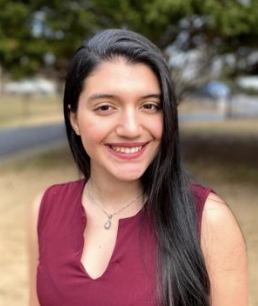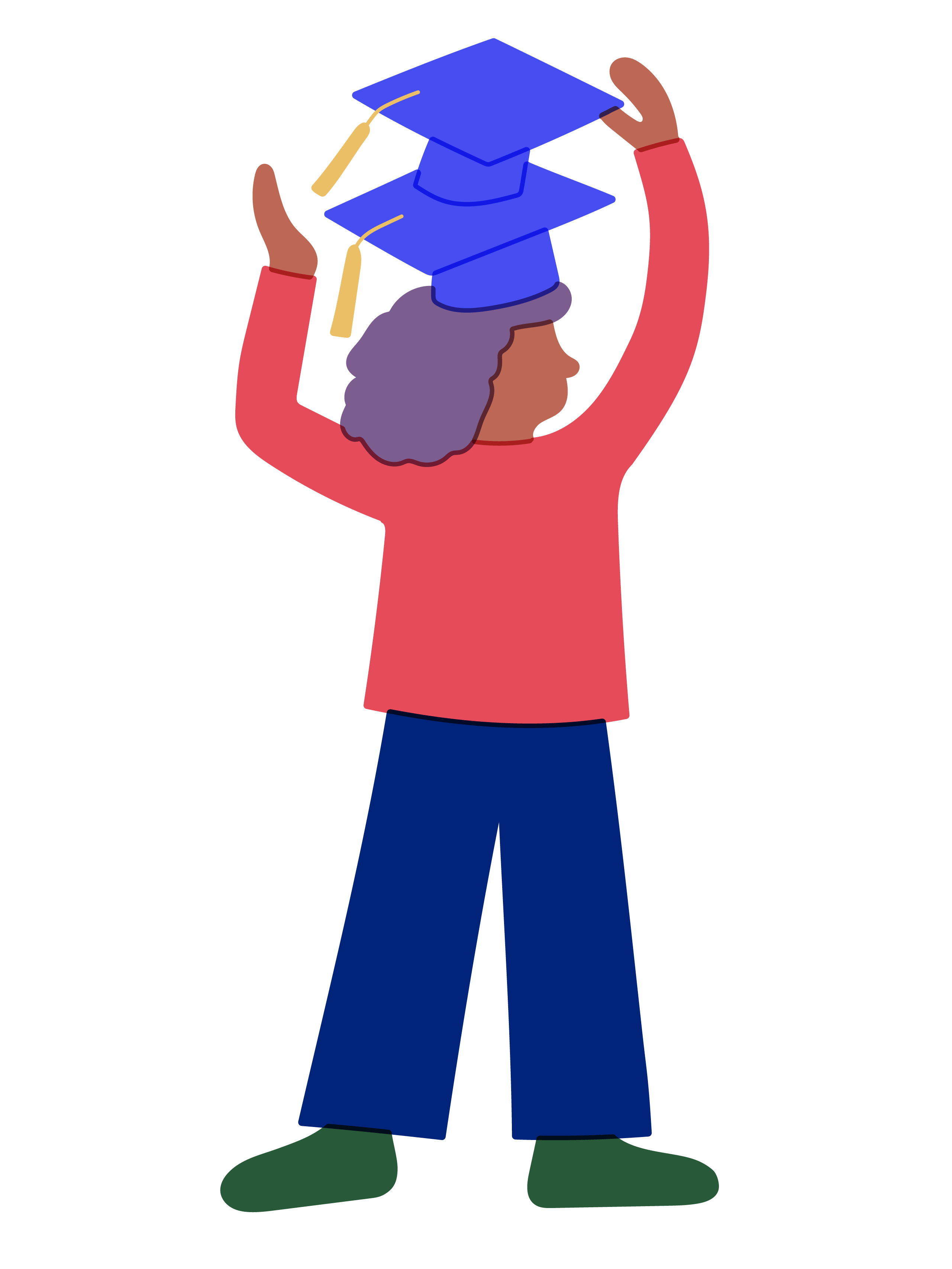Everyone has a story about how they ended up in graduate school. Some people know in high school, or maybe as early as middle school, that a PhD in a certain field is their goal. Most people, however, make this decision while in undergrad. The majority of people pursue their PhD in the same discipline as their major in undergrad, which makes a ton of sense! You probably chose your major because you were interested in the field, so it naturally follows that your interest in that field was strengthened by your undergraduate studies to the point that you would want to continue those studies as a graduate student. But what if you develop a new interest in a field outside of your major as an undergrad? What if you want to pursue your PhD in something new?
This was my experience as an undergrad at UMBC; I studied and received my degree in chemical engineering, but I am now pursuing my PhD in biology. My decision to study chemical engineering was made just as most decisions are made as a 17-year-old: with a lot of influence from my parents. I come from a family full of engineers, so I grew up thinking that I would be an engineer just like my parents and grandparents. Being an engineer also made sense to me since I liked math and science, so the decision was pretty much a no-brainer. Where I differed from my parents and grandparents was my interest in the life sciences (my parents and grandmother are civil engineers and my grandfather was a mechanical engineer). I enjoyed biology in high school, but I didn’t know anyone that had a career in biology other than doctors, and I had decided at that point that I didn’t want to be a doctor. I decided to stick to engineering but incorporate something related to life sciences since I really wasn’t interested in anything mechanical or structural – therefore I chose chemical engineering. When I arrived at UMBC, I learned about a potential research opportunity in the lab of Dr. Michael F. Summers, a Howard Hughes Medical Institute (HHMI) investigator. Dr. Summers’ lab does basic science, meaning that the motivation for the scientific investigation is to learn about a biological system without the direct goal of translating findings to medical applications; Dr. Summers was the first person that I met who had a career purely in studying biology. Engineering felt like the opposite because by its nature, it is all about the application of basic scientific principles. Therefore, I wasn’t sure if studying engineering was too different from basic science research and whether it would be best to either change my major to biochemistry, or to do research in an engineering lab. When I interviewed with Dr. Summers, I brought up this concern. He told me something that really changed my perspective moving forward: he told me that he thought that my experience in engineering would actually strengthen my science because as the only engineer in the lab, I would be able to provide a unique perspective amongst the all the other biologists.
He was completely right. My engineering degree did have a positive impact on my work in the Summers’ lab as an undergrad, and even now as a PhD student at MIT. However, I now think that no matter what I studied in undergrad, it would have had a positive impact on my work as a graduate student. Why? Because everything in the world is connected! Everything is interdisciplinary! Society is governed by politics which relies on sociology, which is dependent on psychology, which is dictated by biology, which is just chemical reactions, governed by physics, which can be described through mathematics. Not to mention that the only reason we as a society are able to share ideas and communicate any discoveries is through language and writing.
It is true that studying something in a closely related discipline can help with the necessary learning in order to get familiarized with whatever field you do your graduate work in. However, you can learn anything at any point. I only knew for sure that I wanted to do biology research as a career because I tried it. The only way that I was able to become well versed in the field of HIV-1 structural biology was because of what I learned in an HIV-1 structural biology lab. Now, everything that I have learned to do regeneration research in planarians came from my experience in the lab I am currently in. Your education up until the point you get a job should be a place where you can explore your interests, and most importantly, learn how to think. You can learn everything you need to actually execute a job, on the job.
My biggest recommendation for anyone that thinks that their interests are shifting, and their future research directions may be following suit, is to place less emphasis on the actual classes you are taking, and to go and get research experience in a lab related to the work you hope to do in the future. This serves two purposes: first, the hands-on experience WILL give you the relevant background that you need. Second, and most importantly, you need to have a hands-on experience to determine if you even like doing research. If you truly enjoy doing research, that is all that matters.
Remember: no matter what your prior experience is, your personal background, your family history, your educational background, your language, race, religion, sexuality, gender, physical or mental ability, you add something to ANY group you find yourself among. And I mean ANY group.
If you can ask a question, you can do research.


Comments